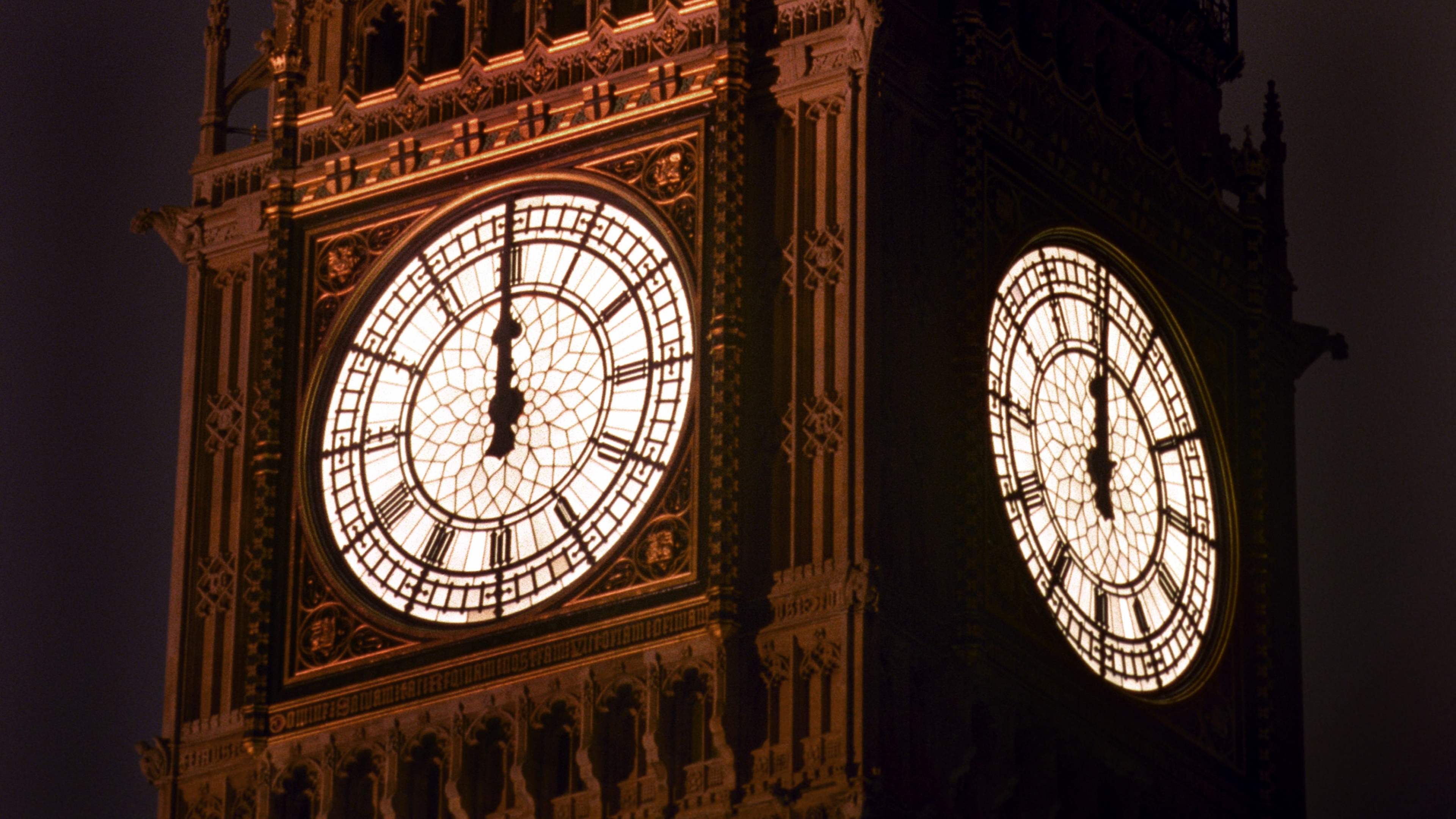Counting down to new year will be slightly longer than usual.
If you are one of those people who can’t wait for 2016 to be over, then bad news – you’ll have to wait a second longer.
Yes, a whole extra second.
Counting down to 2017 will take longer than usual this New Year’s Eve to compensate for a slowdown in the Earth’s rotation.
Timekeepers at the National Physical Laboratory (NPL) are introducing a “leap second” after 23:59:59 on December 31 – delaying midnight by a second.
We have to add, though, this isn’t the first time NPL has added a leap second to a year.
The extra seconds are introduced every two or three years. In fact, the last one was inserted just 18 months ago in June 2015.
So what exactly is a leap second?
The adding of the leap second is to ensure that time based on the Earth’s rotation does not lag behind time kept by atomic clocks.
The extra seconds are occasionally necessary because of unpredictable changes in the speed at which the Earth turns on its axis. They are introduced in the last minute of either December or June, or rarely March or September.
NPL, based in Teddington, London, is the UK’s national measurement institute and the birthplace of atomic time.
Peter Whibberley, a senior research scientist with NPL’s time and frequency group, says: “Leap seconds are needed to prevent civil time drifting away from Earth time.
“Although the drift is small – taking around 1,000 years to accumulate a one-hour difference – if not corrected it would eventually result in clocks showing midday before sunrise.”
The International Earth Rotation and Reference Systems Service, based at the Paris Observatory in France, tracks the Earth’s rotation and announces when a leap second is needed roughly six months in advance.
However, leap seconds can cause problems for communication networks, financial systems and other applications that rely on precise timing and has to be programmed into computers to avoid mistakes.
It is also possible for a second to be removed from the UTC (Universal Co-ordinated Time) timescale, although this has never happened.
